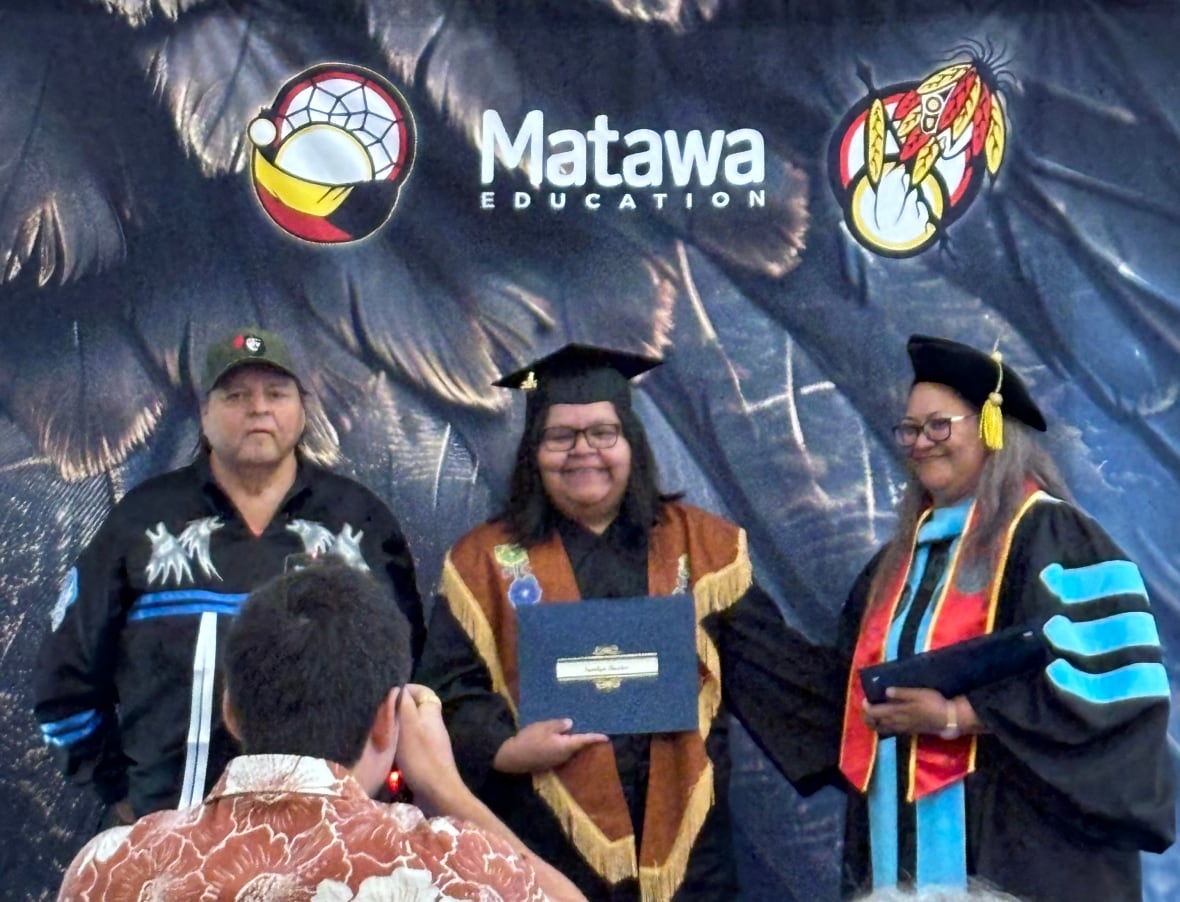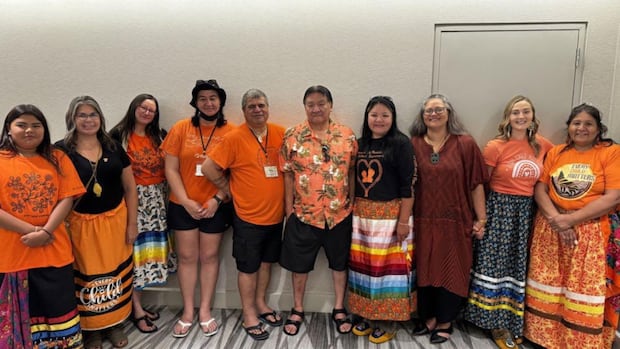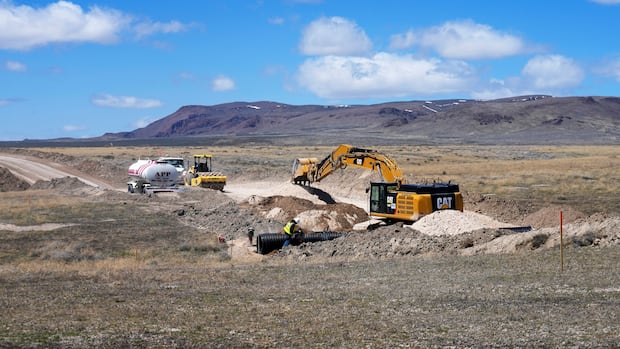Two officials at Matawa Education and Care Centre in Thunder Bay are calling for stable funding to help them keep Ojibway, Oji-Cree and Cree languages alive across northern Ontario.
The call comes even as the centre welcomes a $500,000 grant in support of its Matawa Waka Tere program.
Over the last several years, the centre has been teaching Ojibway, Oji-Cree and Cree programs across nine Matawa First Nations.
Emily Shandruk, special projects officer at the centre, said that with federal funding ending, the programs faced imminent closure.
She said the $500,000 grant from the Rideau Hall Foundation’s Indigenous Teacher Education Initiative is a lifeline, but more money is needed.
“While this is a meaningful step, it doesn’t mean … full program delivery,” Shandruk said on Superior Morning.
“So we are still actively seeking sustainable, long-term, core funding to bring language classes back to our communities and support this ongoing community-based instruction.”
The Rideau Hall Foundation’s funds will be disbursed over two years. The foundation said the Matawa Waka Tere program and 11 other projects were selected for their community-led design, strong educational partnerships and direct commitment to increasing the number of Indigenous educators.
“All 12 recipients are creating or expanding teacher education programs that are anchored in Indigenous languages, knowledge systems and cultural values — while also removing systemic barriers to access and retention,” the foundation said on its website.
According to Shandruk, the languages program, which is 100 per cent Indigenous-led, was created by Matawa for Matawa. It also has the support and approval of all nine Matawa chiefs.
We’ll continue to hold the federal government accountable.– Emily Shandruk, special projects officer, Matawa Education
Shandruk said the organization continues to appeal to Ottawa for funding, noting that languages fall under the purview of the federal government.
“A promise was made through the Indigenous Languages Act … it’s a government responsibility to provide adequate and sustainable funding to reclaim, revitalize and preserve Indigenous languages,” she said.
“The Indigenous Languages Act was created with the understanding that Indigenous communities are the ones best equipped to lead their own revitalization efforts.
“So while we wait to learn about maybe future federal government support … we are still looking for other private grant foundation opportunities … but we’ll continue to hold the federal government accountable,” added Shandruk.
A spokesperson for Steven Guilbeault, minister of Canadian identity and culture and minister responsible for official languages, told CBC Thunder Bay that the government “remains committed to advancing this important work” as part of a greater path of reconciliation.
“We, alongside our Indigenous partners, will revitalize and strengthen Indigenous languages by supporting community-driven projects that restore, protect and promote this important part of First Nations, Inuit and Métis cultures and histories,” Hermine Landry wrote in an email.

The Department of Canadian Heritage said it worked with Indigenous partners in 2023-24 to provide greater Indigenous control over funding and long-term agreements, to be more responsive to the unique needs of First Nations, Inuit and Métis, who are best positioned to reclaim, revitalize, maintain and strengthen their languages.
The Canadian government has provided investments of over $1 billion from 2019-2020 to 2028-2029, and $162.3 million in ongoing funding to help Indigenous communities and organizations with language revitalization projects under the Indigenous Languages Act, the department said in a statement to CBC News.
‘We need lasting investments’
Georgette O’Nabigon, Matawa’s education executive director, said they will take their appeal for funding to the Indigenous Language Summit in Ottawa set for Aug. 11 to 14.
“We’re hoping to network, explore new funding opportunities and, most importantly, ensure that real action follows, O’Nabigon said.
“It’s not enough to just talk about revitalizing languages — we need lasting investments and policy changes that support Indigenous-led models like ours.”
O’Nabigon said the Matawa Waka Tere program received a one-time federal grant about four years ago, and that funding made it possible to deliver language classes reaching both youth and adult learners.
The federal funding ended on March 31, something O’Nabigon said reduced the centre’s ability to offer language instruction.
“The risk here is not just financial — it’s cultural. The loss of funding directly affects our ability to continue this essential work of reclaiming and teaching our languages.”







